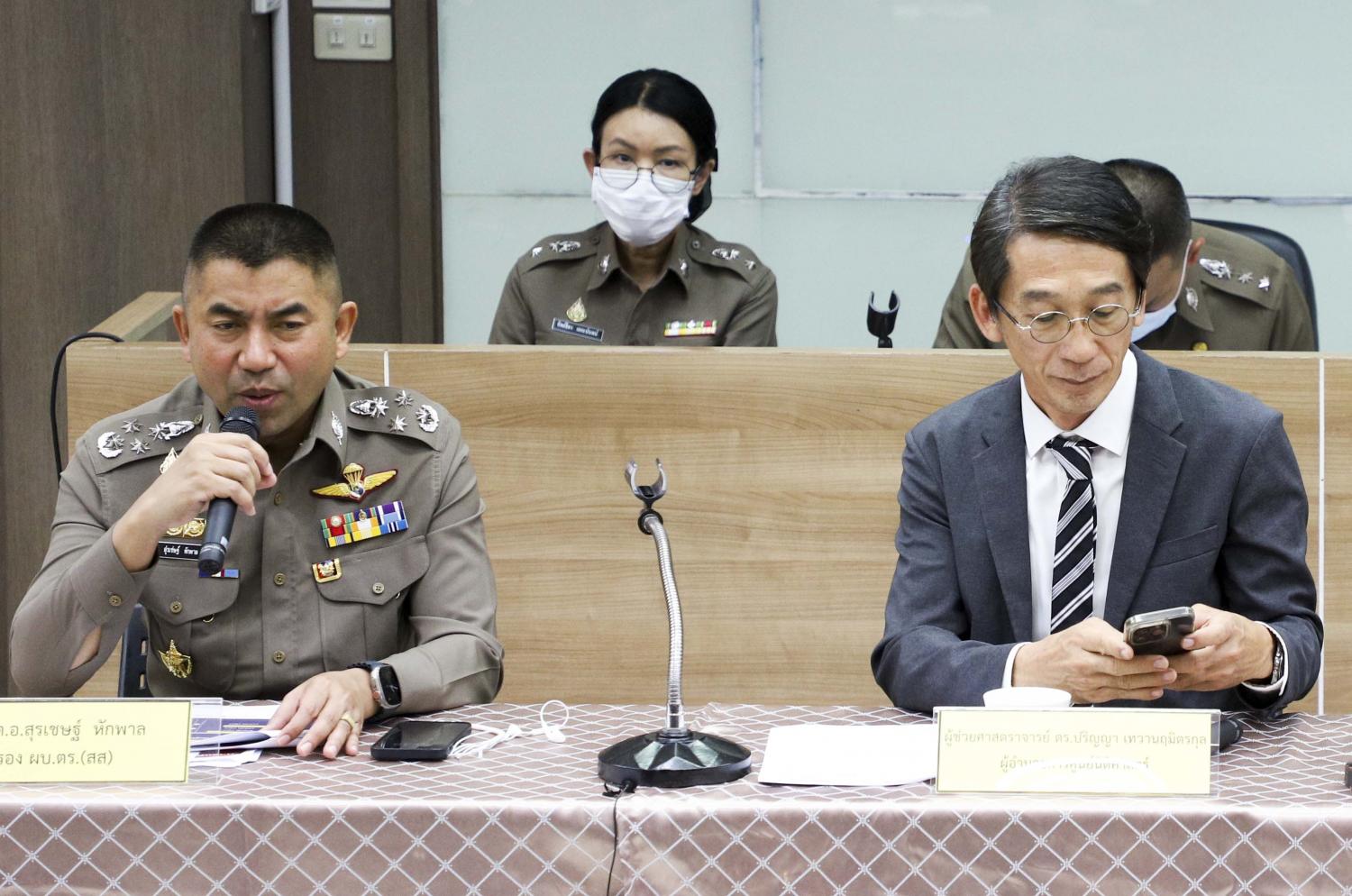
The Royal Thai Police (RTP) is in the process of cleaning up its criminal records, with about 10 million innocent people set to be removed from its database.
Pol Gen Surachate Hakparn, the deputy national police chief, said on Tuesday that the RTP recently issued a new regulation for its criminal record database to better align it with the principles of human rights.
The new fingerprint regulation was announced on April 27 and enforced on May 27.
It effectively orders the Office of Police Forensic Science's Criminal Records Division only to retain the records of criminal convicts and remove the fingerprints of those who are accused but later proven innocent, as well as people whose cases have not yet reached a final decision, and those who are given jail terms of one month or less or who receive suspended jail terms.
"Our criminal database has recorded the fingerprints of 13,079,324 people, but with the improved regulation, only 3,708,359 criminals will be kept in our fingerprint database," Pol Gen Surachate said.
"We have to be fair to the 10 million or so people who were not [ultimately] convicted."
He said the previous regulation required all police to request the removal of civilians' names from the Criminal Records Division if they are acquitted, but the process was slow and ineffective.
Pol Gen Surachate described the new rule as a top-down policy that divides the criminal records database into three groups.
The first covers criminal suspects whose cases have not yet been finalised. Their records must not be shown to the public, and they can only be used for police investigations or if the person applies to become a civil servant.
The second group refers to non-criminal offenders who are handed sentences of less than one month in prison, who receive a suspended jail term or a fine, or who committed a crime due to negligence. Their records will only be used for investigations by police or other organisations.
The third covers criminal convicts sentenced to more than a month in jail.